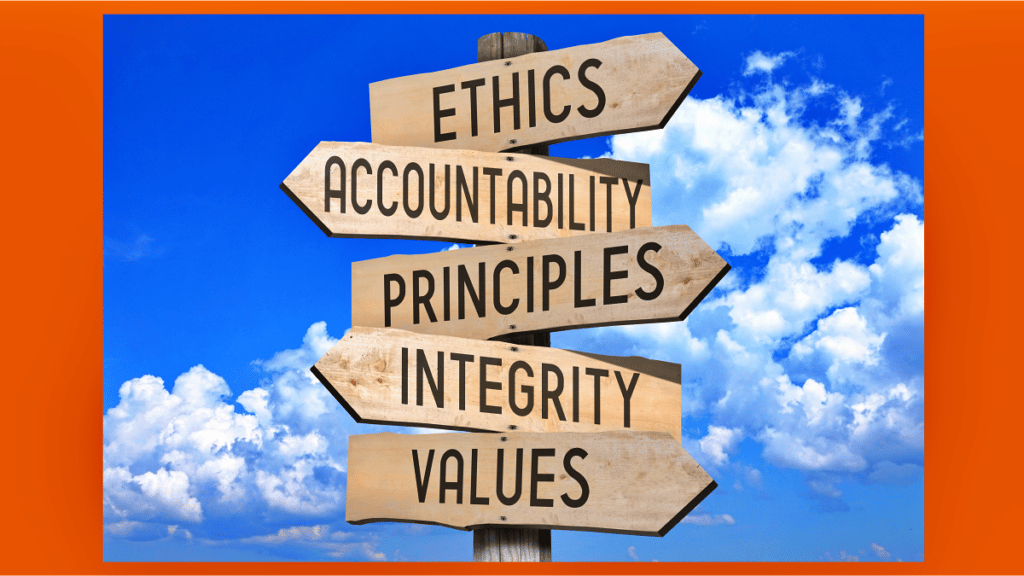Estimated reading time: 5 minutes
(Editor’s Note: Today’s article is brought to you by our friends at i-Sight, a leading provider of case management solutions that helps companies manage the process and workflow of investigators collecting and analyzing information related to a case, with the goal of resolving issues, managing risk, and identifying opportunities for improvement. Enjoy the read!)
Regardless of what’s happening in the labor market, organizations need to have a well-defined employment brand. And they need to be regularly promoting it. According to research from Glassdoor, 92% of people would consider changing jobs to work at a company with an excellent reputation and 75% of job seekers are more likely to apply to an opening if an employer is active in maintaining their social profile. The bottom line is people want to work with companies they can be proud of. And a key component of that is to have a great employer reputation.
Creating a Great Organizational Reputation
So, what does it mean to have a great reputation? Well, this is one of those moments when I pull my marketing textbook off the bookshelf because we can look at classic marketing reputation management strategies for the answer. There are lots of long lists when it comes to building a reputation, but two qualities come up consistently.
- ETHICS is defined as having a set of moral principles or values. Some common values include honesty, transparency, and truthfulness.
- CREDIBILITY refers to “doing what you say you’re going to do”. When you’re credible, people can trust you.
My takeaway is that great reputations are ones where what the organization says (ETHICS) and the things the organization does (CREDIBILITY) are in alignment. For example, an organization’s code of conduct might include “treating others with dignity and respect”. Maybe the reality is that this doesn’t happen. So, the organization has a written code of ethics, but they don’t have credibility.
Let’s take it one step further. If there’s a disconnect between the organization’s code of ethics and their actions, the word will get out. It will be reflected in employee engagement surveys. It will contribute to employee turnover. And, it might show up on employer review sites, which could have an impact on future applicant flow.
There’s one other aspect of good reputations worth mentioning. It’s one we don’t like to talk about but, great reputations are often built when something bad happens like an ethics breach. How the organization conducts themselves demonstrates to employees (and customers) that the organization doesn’t just do the right thing when all is going well. It demonstrates that ethics is ingrained into organizational culture.
Therefore, organizations should include their ethics in their employment branding and be prepared to talk about it during the recruiting process. This lets applicants know what the organization stands for. It sends the message that ethics are important to the organization. Employees – and potential employees – want to know this.
Employees want to know that the company places an importance on maintaining a workplace free from discrimination and harassment. They want to know that the workplace is safe and secure. And finally, employees want to know that they won’t be spending their time dealing with the drama of ethical dilemmas. People already have enough going on without adding the stress of deciding whether to report someone to HR.
The reason including ethics in employment branding makes sense is because applicants and candidates can evaluate the company’s ethics before ever applying and during the interview process. Individuals can apply knowing that their personal ethics align with the company’s. During the interview, organizations can ask ethics related questions such as:
- Have you ever encountered an ethical problem at work?
- Tell me about a time when you faced a moral or ethical dilemma.
- While the employee might not have numerous stories to share, asking these questions sends the message that ethics is important to the organization.
Also remember that employees might ask the organization about ethics during the interview process. Particularly if the company has had a high-profile ethics breach.
Then, once an employee is hired, make sure that ethics is a key component of new hire orientation and onboarding. Consider having legal counsel conduct a webinar or podcast on the topic that all employees can access. And I know they’re not employees but also consider including ethics, especially conflict of interest, in contractor onboarding.
Ethical Brands Perform Better
Some people might be thinking, “Why should we promote ethics? Isn’t that a given?” And the answer is “no”. I’m not implying that any organization is unethical but that doesn’t mean we should assume that everyone knows our ethics as an organization.
Bringing ethics to the forefront of the organization’s employment brand not only contributes to better hiring, it also benefits the bottom line. In a comparison study between the 2020 Ethical Companies list and their competitors, it was discovered that ethical brands outperform their peers. I believe there’s a clear line of sight between ethics, attracting the best talent, and then best talent contributing to the bottom line. It totally makes sense. This is an opportunity to stand out by telling people what we stand for.
P.S. While I’ve mentioned having an ethics culture a couple of times today, I know we didn’t do a deep dive into how organizations can strengthen their ethics culture. Join me and the i-Sight team for a webinar focused on “5 Steps to Creating an Ethical Work Culture – and Expertly Responding to Incidents”. It’s scheduled for Thursday, October 27, 2022, at 2p Eastern. I hope you can attend. It’s going to be a very interesting conversation.
The post Include Ethics in Your Employment Branding appeared first on hr bartender.




0 Commentaires